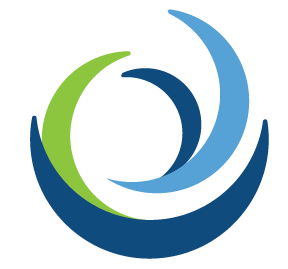Location:
Great Lakes
Clients:
The Great Lakes Protection Fund, The Nature Conservancy
Partners:
Michigan State University
Service Areas:
Our Expert:
Along with local farmers, agricultural suppliers, retailers, crop advisors, and community stakeholders, LimnoTech and its partners developed the Great Lakes Watershed Ecological Sustainability Strategy (GLWESS). The program establishes an outcome-based, goal-oriented, performance-driven framework for agricultural conservation practices and is designed to improve watershed and coastal ecosystem services.
The Challenge
Altered hydrology, along with sediment and nutrient impairments, are leading to costly ecological, economic, and human health issues. In recent years, Harmful Algal Blooms (HABs, Microcystis sp.) of unprecedented size and severity have occurred in the Western Basin of Lake Erie (WLEB). The blooms are primarily fueled by agricultural runoff from the Maumee watershed, which is approximately 80% agricultural land. Similar eutrophication problems are present in other predominantly agricultural Great Lakes watersheds.
The team evaluated the potential to target and incentivize ecologically beneficial conservation practices in agricultural watersheds. The approach explored methods for identifying and implementing agricultural conservation practices that would lead to the greatest and most cost-effective reductions in ecological impacts, without placing undue risks on farm productivity. Watershed and lake modeling tools were utilized to quantify the ecological benefits of agricultural conservation practices and to explore the concept of reward-for-performance frameworks, such as reverse auctions and supplier certification programs, to improve watershed and coastal ecosystem function.
The Outcome
The resulting science-based framework provides information and tools for addressing several key issues, including managing agricultural landscapes, achieving optimal ecosystem improvement returns, and understanding the return on investment. Used properly, this framework can inform producers, agricultural agencies, agribusinesses, and governing bodies concerning necessary actions to meet aquatic ecosystem improvement goals. By extension, the framework can inform agricultural policies and promote and support transaction-based and/or certification-based programs that provide compensation to encourage ecological health in the Great Lakes and its tributary watersheds.





